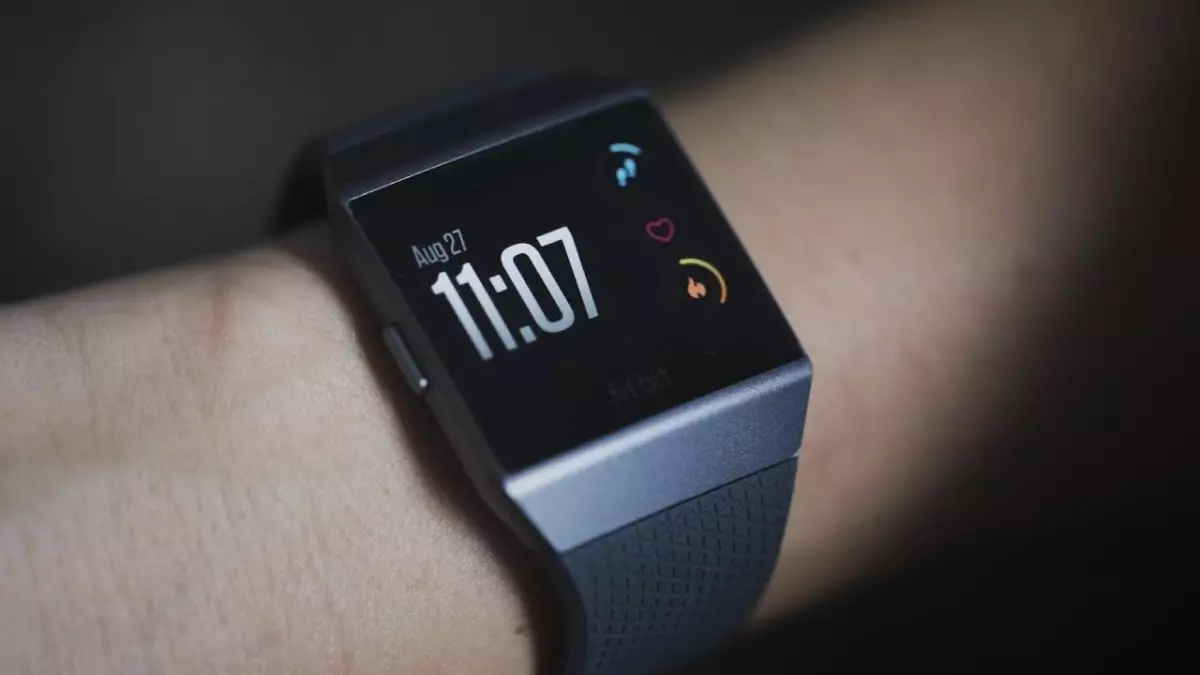In a notable settlement with the U.S. Consumer Product Safety Commission (CPSC), Fitbit, a subsidiary of Google, has agreed to pay $12.25 million to resolve serious safety concerns tied to its Ionic smartwatch. This decision underscores the ramifications of corporate oversight and the importance of product safety in the technology industry. The case, which traces back to defects reported by consumers from 2018 to 2020, serves as a grave reminder of the potential dangers associated with wearable tech and the responsibilities that manufacturers carry.
At the core of this settlement is an overheating battery in the Ionic smartwatch that created an environment not just for malfunctions, but actual injuries. The CPSC highlighted cases where users suffered from burns—78 individuals reported such incidents, including four who experienced second-degree burns and two who faced life-altering third-degree burns. This data paints a distressing image of the product’s safety and has triggered warranted scrutiny of Fitbit’s operations.
While a firmware update issued in early 2020 aimed to rectify the issue, it proved insufficient, failing to completely mitigate the risks associated with the product. The CPSC’s statement suggests that Fitbit had information in their possession that indicated a severe product hazard but did not disclose it promptly, raising concerns about accountability and consumer trust.
The $12.25 million penalty is not merely a financial setback for Fitbit; it symbolizes a larger ethical failure. How could a renowned company overlooking a flaw that jeopardizes user safety allow such a potentially catastrophic oversight to transpire? The larger implications for the tech industry are sobering. While the rapid evolution of technology offers consumers innovative solutions, it also places pressure on companies to ensure robust safety measures are in place.
Moreover, Fitbit’s penalties could have lasting effects on its public image and user loyalty. Trust is paramount in any consumer-facing industry, and when a company falters in its commitment to safety, the repercussions can be substantial, leading to a diminished customer base and increased regulatory scrutiny. The settlement also mandates enhanced internal controls to secure compliance with the Consumer Product Safety Act, highlighting the pressing need for organizations to prioritize rigorous safety protocols.
Fitbit’s settlement with the CPSC serves as a critical juncture for the intersection of technology and consumer safety. As wearable devices become increasingly prevalent, manufacturers must prioritize safety alongside innovation. This case should resonate within the industry as a clarion call, urging firms to not only develop ground-breaking technology but also to ensure that the products delivered to consumers are devoid of unreasonable risks. Moving forward, companies must foster a culture of transparency and accountability, as consumers deserve to trust that their health and well-being are protected in an increasingly connected world.

